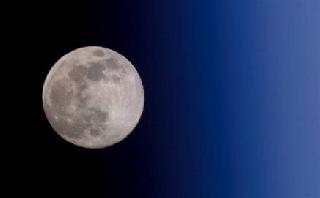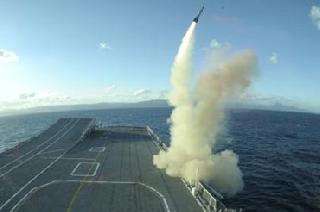
WASHINGTON (AFP): The Moon may have a lot more water than imagined, perhaps as much in some parts as on Earth, a discovery that has cast doubt on long-held theories about how the Moon was formed, according to a new study.
The Moon was long thought to be a dusty, dry place until a few years ago when water was discovered there for the first time.
Now scientists at Case Western Reserve University, Carnegie Institution for Science, and Brown University believe there is 100 times more water deep inside the Moon than previously believed.
The findings were made using a precision instrument, called the NanoSIMS 50L ion microprobe to examine lunar melt inclusions, or tiny bits of molten rock that were picked up by the Apollo 17, the last US mission to the moon in 1972.
"These samples provide the best window we have to the amount of water in the interior of the Moon," said co-author James Van Orman, professor of geological sciences at Case Western.
"The interior seems to be pretty similar to the interior of the Earth, from what we know about water abundance."
The findings are in the May 26 edition of Science Express.
The same team published a paper in Nature in 2008, describing the first evidence for the presence of water in volcanic glasses returned by the Apollo missions.
 Previous Article
Previous Article Next Article
Next Article












The Indian Air Force, in its flight trials evaluation report submitted before the Defence Ministry l..
view articleAn insight into the Medium Multi-Role Combat Aircraft competition...
view articleSky enthusiasts can now spot the International Space Station (ISS) commanded by Indian-American astr..
view article